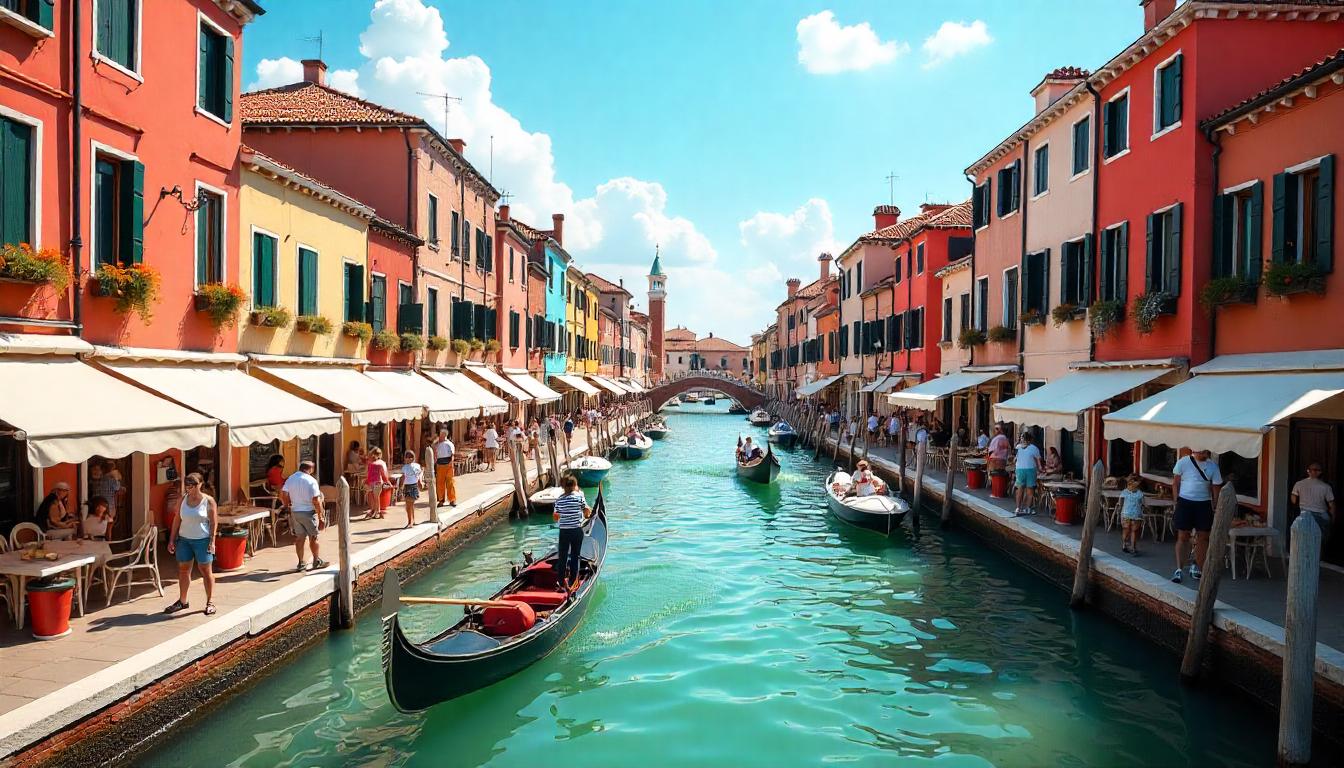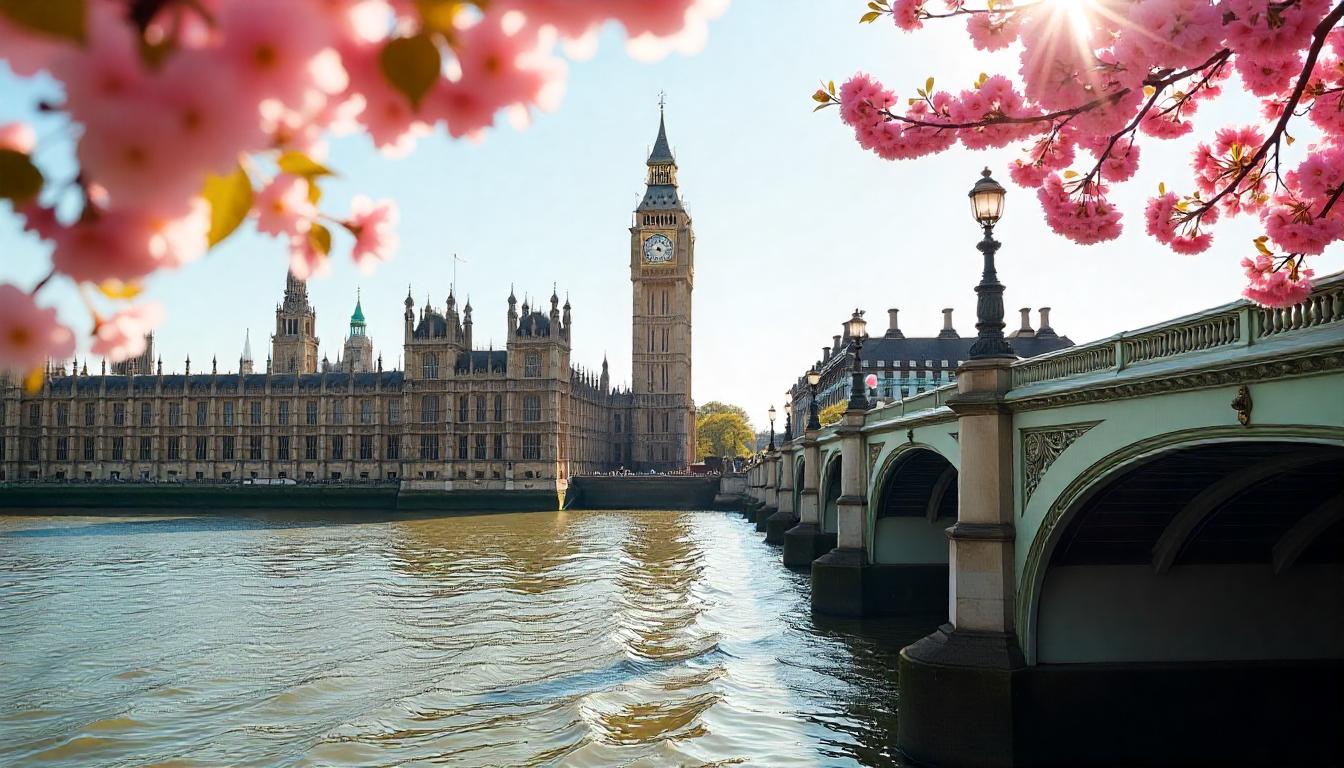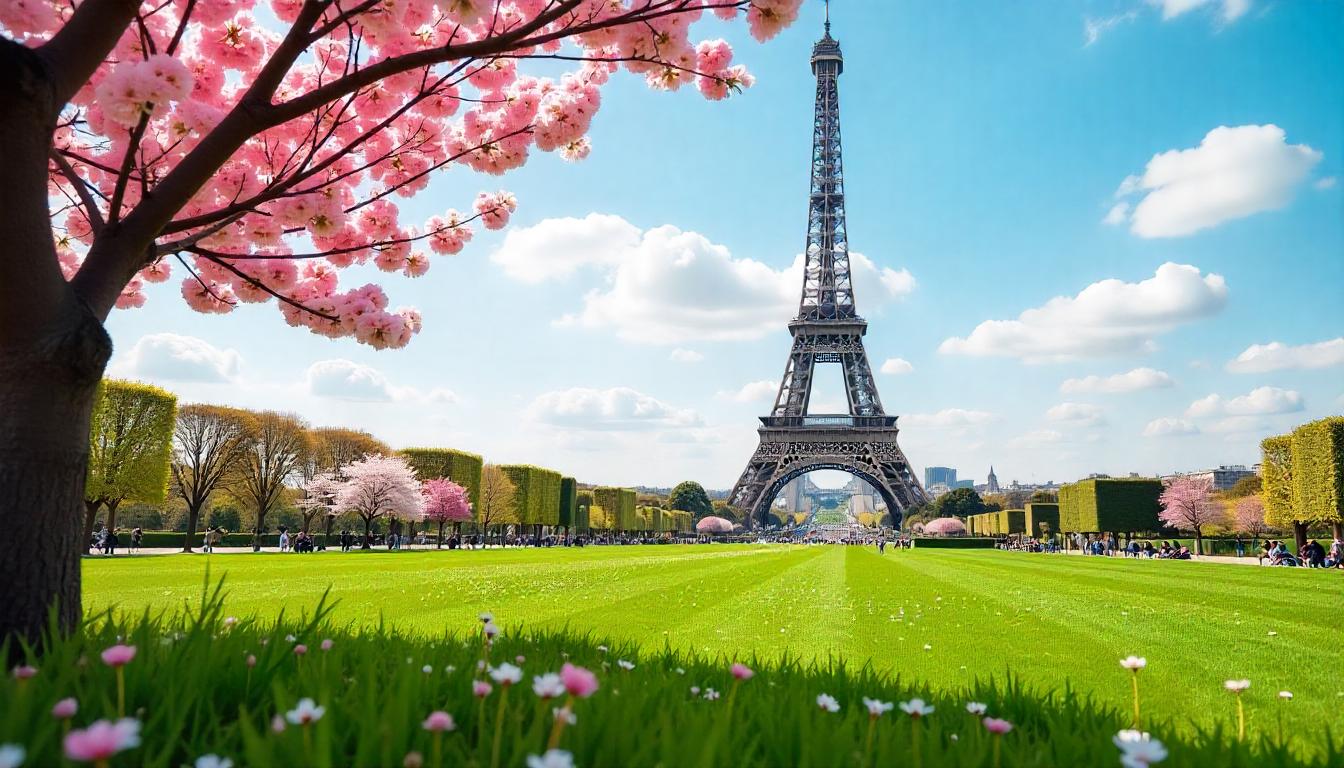≡-Spain, Greece, And Italy Struggle To Balance Tourism And Quality Of Life – Locals Demand Respect For Their Communities Amid Growing Tensions – Viral of Today
<> Viral of Today <>
Home » TOURISM NEWS » Spain, Greece, And Italy Struggle To Balance Tourism And Quality Of Life – Locals Demand Respect For Their Communities Amid Growing Tensions Saturday, June 28, 2025As tourism continues to grow in Spain, Greece, and Italy, local communities are increasingly struggling to balance the economic benefits with the rising tensions caused by mass tourism. While these countries rely heavily on tourism for economic stability, the behavior of some visitors is creating significant disruption, leading residents to demand greater respect for their communities. Overcrowded streets, noise, and antisocial actions are becoming more common, prompting locals to push for sustainable tourism practices that ensure both the preservation of their culture and the well-being of their residents. The call for action is louder than ever as tensions between economic growth and quality of life continue to rise in these popular European destinations.A recent video circulating on Reddit has caused significant debate, showing a group of tourists singing loudly in the middle of a quiet street in Greece. The footage depicts a group of young women strolling through the street, belting out songs late at night, seemingly unaware of the disturbance they were causing. Their loud behavior, which appeared out of place in such a peaceful setting, has drawn heavy criticism. Many viewers accused the tourists of being inconsiderate and disrespectful to the quiet atmosphere of the location.This incident has sparked a broader conversation about the behavior of tourists, particularly in places where mass tourism is a major part of the local economy. While tourism is crucial to Greece’s economy, the growing number of visitors has led to mounting tensions between the benefits tourism brings and the impact it has on the quality of life for local residents. As the influx of tourists continues to rise, popular destinations like Athens, Santorini, and Mykonos are feeling the strain.Tourism has long been a major economic driver for Greece. According to data from the World Travel and Tourism Council, the travel and tourism sector accounted for nearly 20% of Greece’s GDP in 2020, with that figure expected to have grown in recent years as international travel surged post-pandemic. The influx of tourists supports thousands of jobs in hospitality, retail, and other industries, significantly contributing to the national economy. However, as Greece remains one of Europe’s most popular tourist destinations, the consequences of mass tourism are becoming more apparent.In cities like Athens and islands such as Santorini and Mykonos, residents have begun expressing frustration over the impact of tourism on their daily lives. While the economic benefits are undeniable, many locals are concerned about the social and cultural disruption that comes with an ever-increasing number of visitors. In particular, the traditional character of these locations is being overshadowed by commercial development catering to the growing number of tourists. Locals also worry about the rising cost of living and the strain tourism places on essential services and infrastructure. The challenge lies in balancing the economic rewards of tourism with the preservation of local communities’ identity and way of life.The situation in Greece is not an isolated case; other Southern European countries like Spain and Italy are facing similar challenges. In cities such as Venice, Barcelona, and Dubrovnik, locals have increasingly spoken out about the negative effects mass tourism has on their quality of life. The rise in disruptive behavior, such as the incident shown in the viral video, has prompted authorities to consider stricter regulations on tourism. Many popular destinations are now looking to implement measures to curb the overconsumption of their cities and landscapes, such as limiting tourist numbers at certain sites, introducing tourist quotas, and enforcing curfews in heavily visited areas.In Greece, the impact of tourism is particularly felt during the summer months, when the number of visitors swells to more than double the local population. This surge creates significant logistical challenges, particularly in areas like the Athenian Riviera and the popular islands. Overcrowded streets, packed beaches, and long lines at restaurants and attractions have made it difficult for locals to maintain their daily routines. Furthermore, the influx of tourists can result in increased noise levels, littering, and other forms of antisocial behavior, all of which contribute to rising tensions between residents and visitors.For example, in Mykonos and Santorini, the high demand for luxury accommodations and fine dining has led to a surge in property prices, making it increasingly difficult for locals to afford to live in their own communities. This has led to an exodus of longtime residents, who can no longer afford the cost of living in the face of skyrocketing prices driven by tourism. In addition, the influx of visitors has placed considerable pressure on public services, including waste management, public transportation, and medical care, which are often overwhelmed during peak tourist seasons.Despite these challenges, Greece remains committed to finding ways to balance the economic benefits of tourism with the needs of its residents. In response to growing frustration, some measures are already being taken. For example, in Santorini, there are now limits on the number of cruise ships that can dock on the island at any given time. Similarly, Athens has introduced policies to limit tourist access to certain historical sites during peak hours in an effort to ease congestion and preserve the integrity of the city’s landmarks.Moreover, the Greek government is promoting more sustainable forms of tourism to alleviate the pressures of mass tourism on the most visited areas. This includes encouraging travelers to explore less popular destinations, such as Crete and the Peloponnese, which are not as heavily affected by large crowds. By diversifying tourism across a wider range of locations, Greece hopes to reduce the strain on its most popular spots while still benefiting from the economic advantages that tourism brings.As tourism grows in Spain, Greece, and Italy, locals are increasingly frustrated by the disruptive behavior of tourists, demanding a balance between economic benefits and quality of life. Residents are calling for greater respect and sustainable tourism practices to protect their communities.In the long term, sustainable tourism practices, which prioritize the well-being of both visitors and residents, are essential for preserving Greece’s cultural heritage and natural beauty. With more sustainable tourism strategies, local communities can continue to benefit from the economic advantages of tourism while maintaining the integrity of their homes and traditions. As Greece moves forward, finding a balance between economic growth and the preservation of local life will be key to ensuring that both tourists and locals can coexist harmoniously.«Enjoyed this post? Never miss out on future posts by following us»
This information will surprise you!
See also
- Read until the end to discover everything.
- Important information you need to know.
- Interesting facts and helpful tips.
Conclusion
Did you enjoy the news? Keep following us daily!













